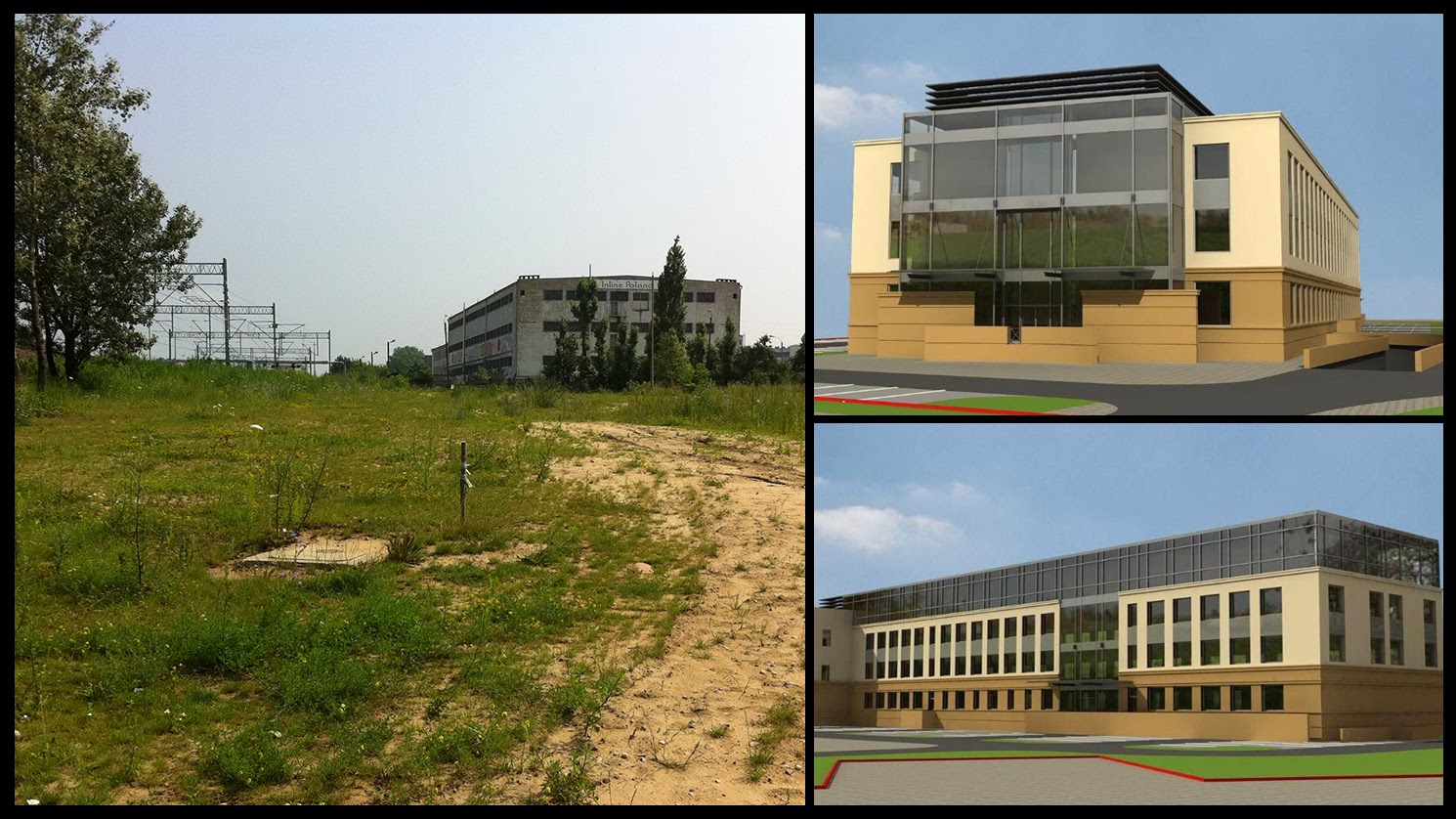In the context of a severe economic crisis and austerity, new ideas were put forward to
reform cohesion policy to enhance its often-contested effectiveness and returns on
investment. One of them were financial engineering instruments, such as the Joint
European Support for Sustainable Investment in City Areas (JESSICA) introduced during
the 2007–2013 period, expected to offer a means to ‘do more with less’ in this difficult
budgetary context. In the case of such instruments, European Union (EU) funds are not
offered as grants co-financing investment projects, but rather are used to provide
repayable assistance to projects, a form of support. Such a revolving funding approach is
in stark contrast to the grant-based assistance typically offered as part of EU cohesion
policy and is supposed to increase the sustainability and effectiveness of interventions.
But do they?
For more on this issue see Marcin Dąbrowski’s new short piece just published in CritCom, the online forum for ideas and policy debates hosted by the Council of European Studies:
+Reconversion+of+an+old+warehouse+into+offices.jpg)
A JESSICA project in Poznań (PL) – reconversion of an old industrial estate into office space.
